The proxy war in Ukraine is heading to a denouement with the US and Russia dividing the spoils while the European powers stand bewildered by events they have been wilfully blind to, says KEVIN OVENDEN
Starmer’s hollow manifesto rings last gasps of centrism
The Labour leader’s threadbare platform exposes the bankruptcy of liberal orthodoxy, not just here in Britain but as an era that is ending, with the far right waiting in the wings, writes ANDREW MURRAY
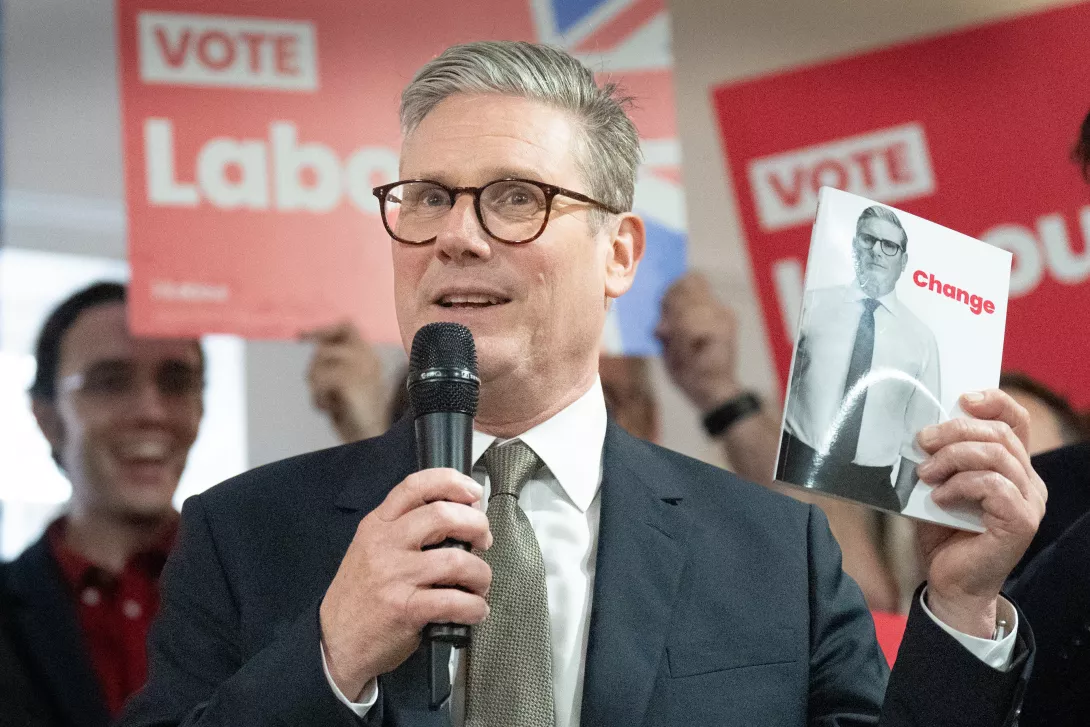
TWO THINGS hung over Labour’s manifesto launch in the atrium of the Co-op’s headquarters in Manchester.
The first was groups of employees draping the balconies all around the space where Starmer and his crew were gathered. Four of them, two floors up, seemed to be trying to recreate the iconic cover of the Beatles’ first album.
Down below it was not so much please please me as Starmer’s six baby steps on the long and winding road to nowhere.
More from this author
ANDREW MURRAY considers whether the mass arrest of peaceful protesters was an attempt by the PM to appease his right-wing critics following his crackdown on last August’s race rioters — and a dark omen of the tyrannies to come
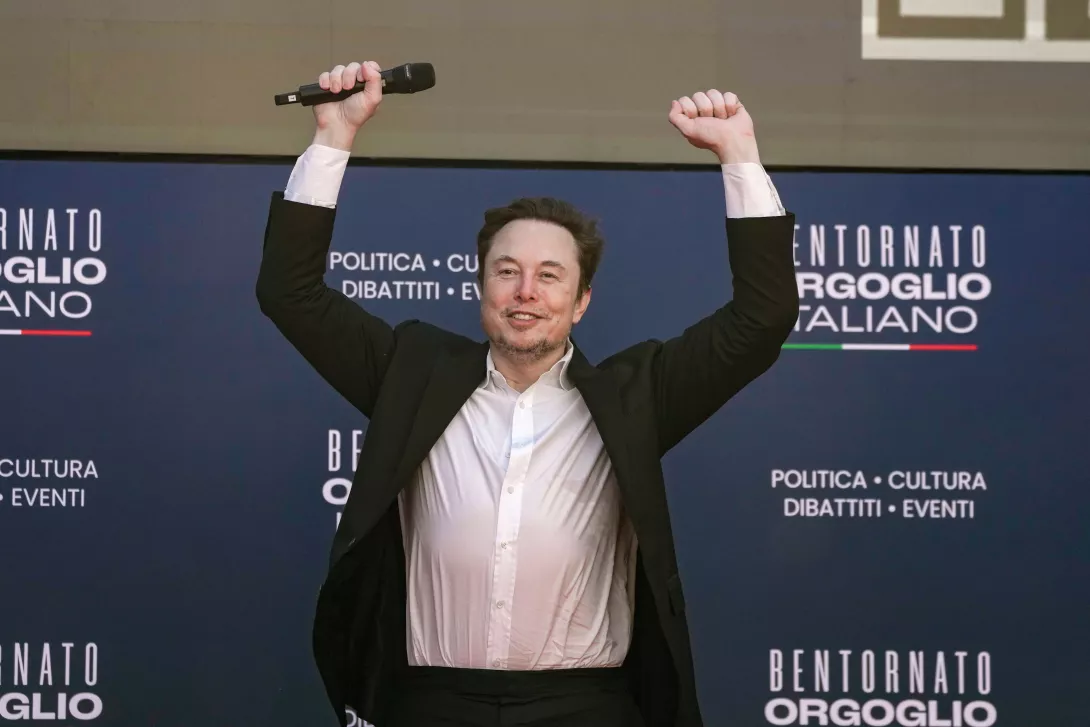
The trolling of our nation by Twitter’s clown prince points to very real weaknesses in the current regime as it cowers before Trump’s coming reign — it is time for Corbyn-era forces to unite and take on Starmer, writes ANDREW MURRAY
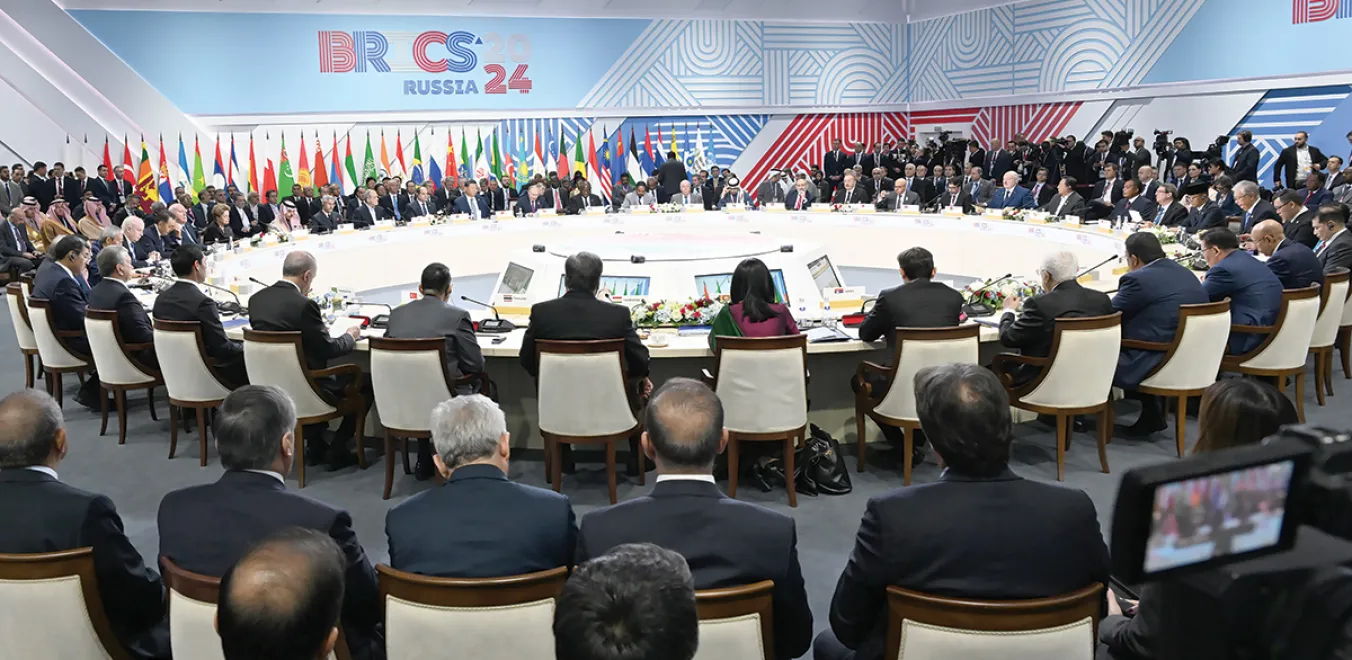
From Yemen’s resistance to the rise of China and Brics, the imperial powers face an unprecedented challenge as their proxy wars fail to halt the march toward a multipolar future, writes ANDREW MURRAY
Similar stories
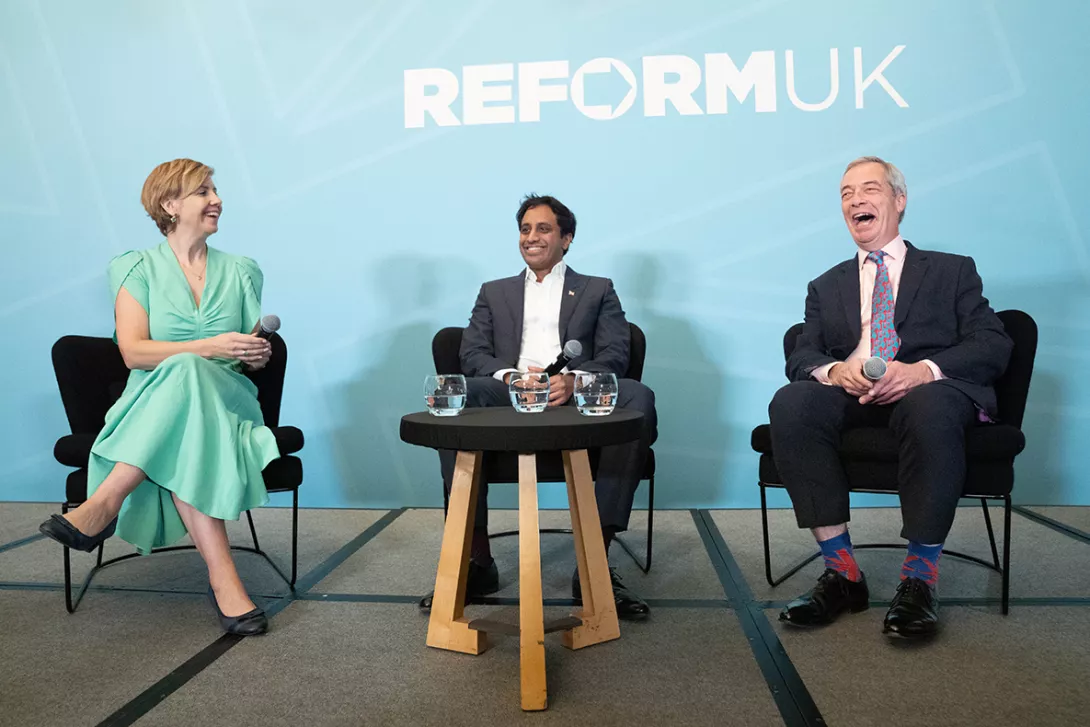
From boozy banker renegade to man-of-the-people populist, Farage’s evolution continues — if he can win constituencies like the Welsh mining areas, the left will need new and better answers, writes ANDREW MURRAY
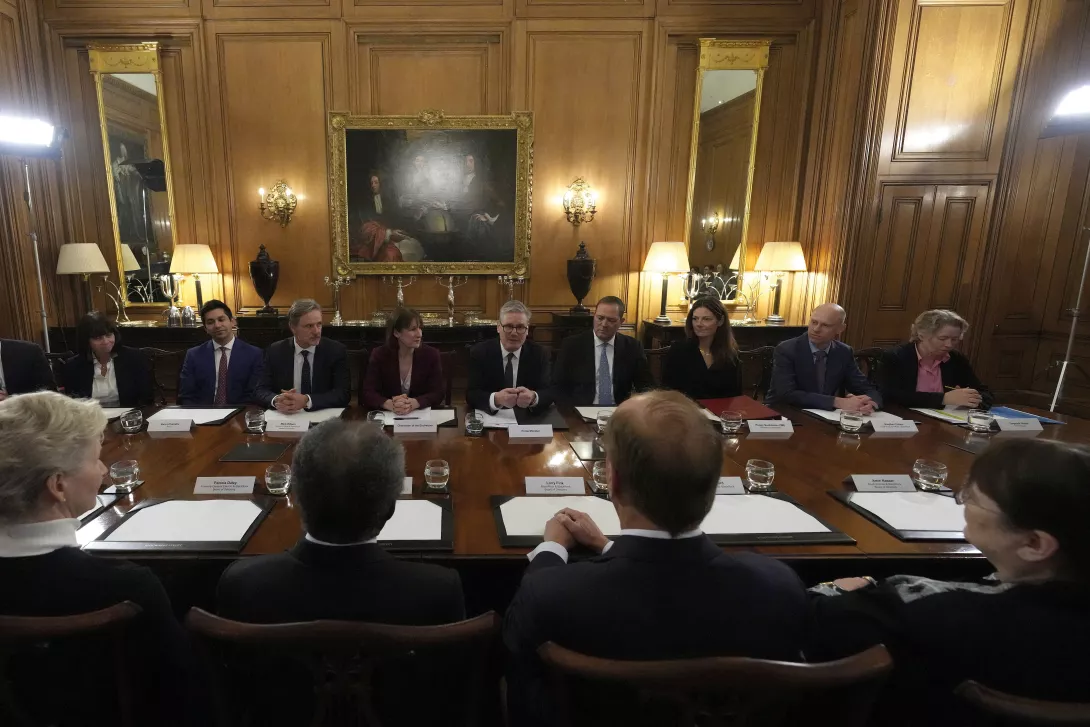
The left must call out the fact that BlackRock and private billionaires have merged with the state apparatus as our leaders abandon any pretence of there being a ‘free market’ for direct and overt corporate control, writes JOE GILL

The second and final vote this weekend pits the National Rally against a ‘Republican Front’ of leftists and centrists — but will the more right-wing side of this hastily assembled pact hold up, or will it side with Le Pen, asks ARKA BHADURI
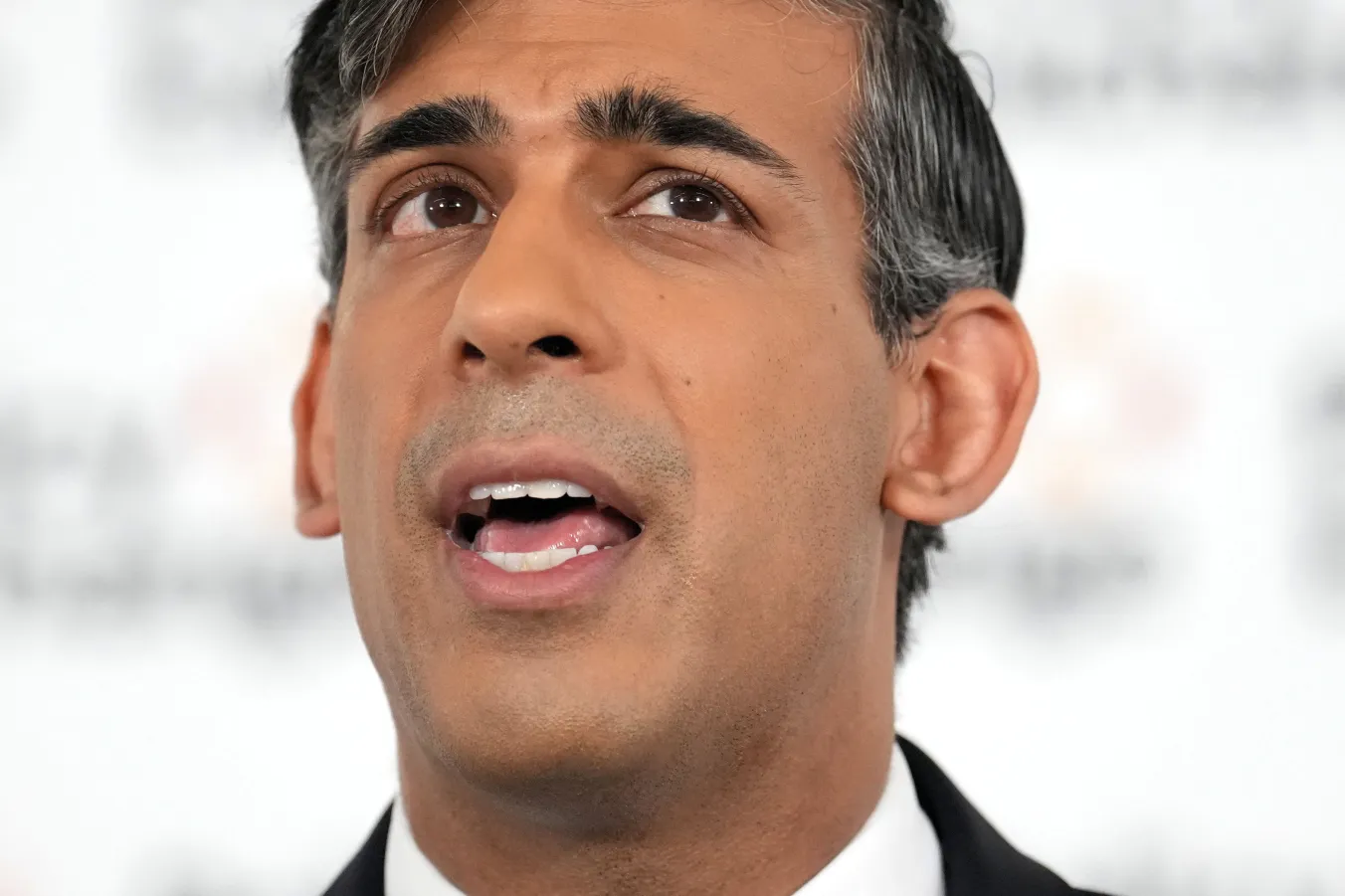
Even if his rationale is awry, Sunak is correct to say that Britain is entering an increasingly dangerous era, writes ANDREW MURRAY










